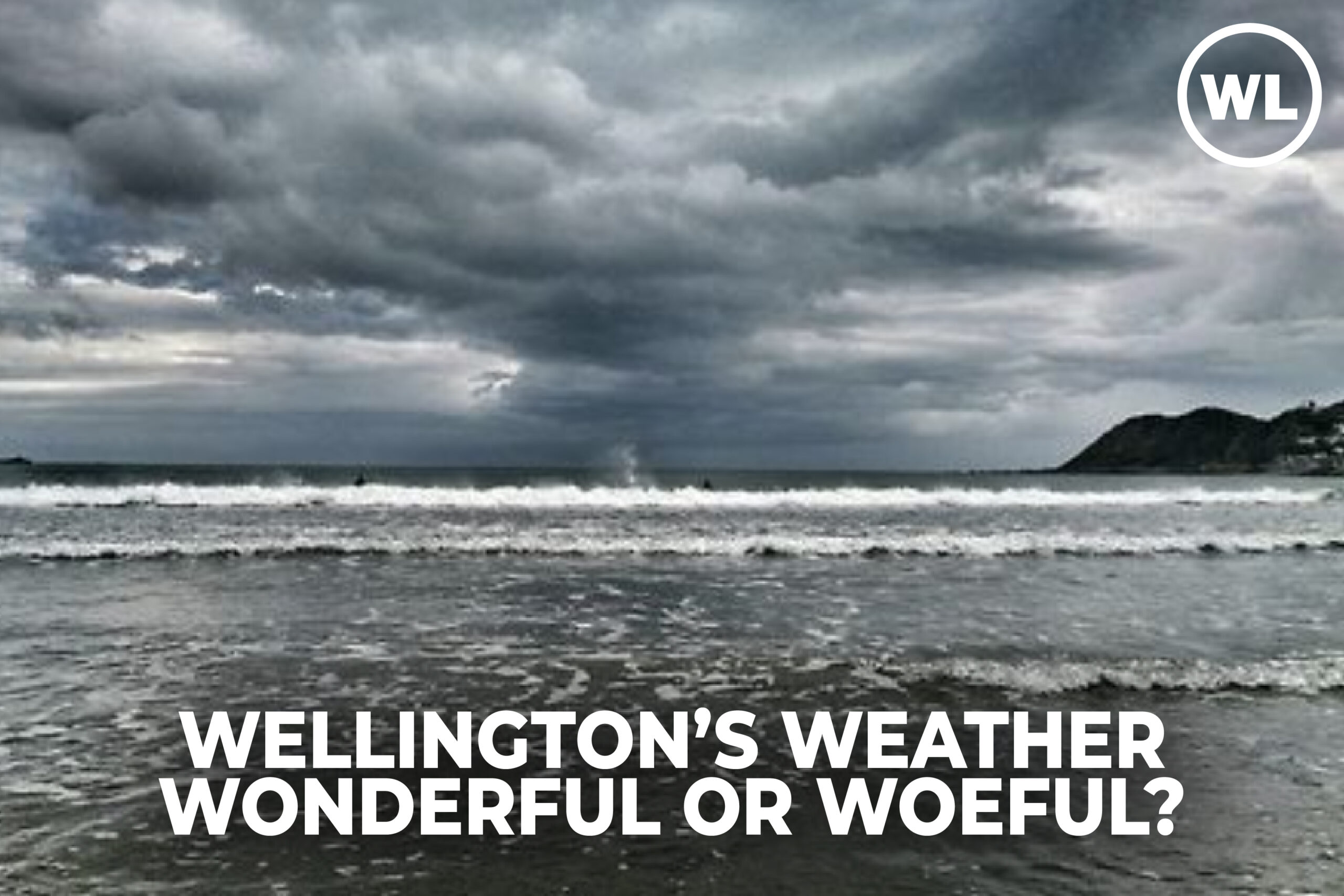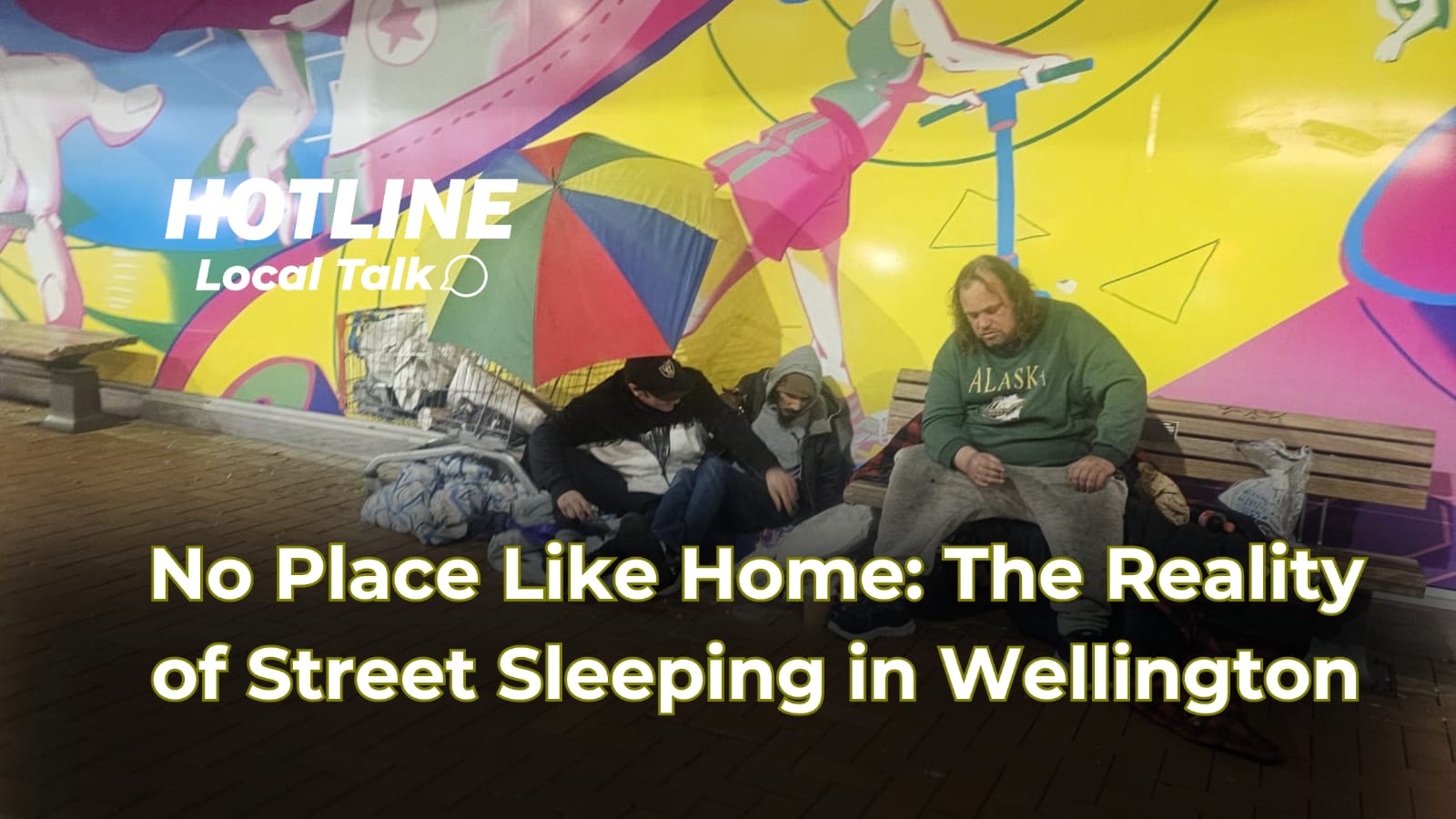Wellington businesses are struggling as a result of government cuts, with some reporting a 30 percent drop in revenue. The cuts have led to a loss of more than 6000 jobs, and have had a ripple effect on the wider economy.
| Indicator | Pre-cuts (Estimate) | June 2024 | Change |
| Public sector job losses | N/A | 6,000+ | N/A |
| Hospitality & Retail Revenue Drop | N/A | 30% | -30% |
| Wellington Job Ads | 100 | 50 | -50% |
| Jobseeker Support (Central Auckland & Wellington) | Moderate | Large Increase | Significant Increase |
| Employment Growth (YoY) | Positive | -1.90% | -3.90% |
| Wellington Tourism Spending (Other Regions) | NZ$100 million | NZ$93.6 million | -6.40% |
| Housing Listings | 100 | 150 | +50.3% |
| Housing Sales | 80 | 63 | -21.50% |
| Median Days to Sell Housing | 10 | 8 | -20% |
| Housing Inventory | 20 | 30 | +50% |
The tourism industry has been particularly hard hit, with Wellingtonians spending 6.4 percent less on tourism in other parts of the country in the latest data. This is compared to a drop of just over 2 percent in Auckland and about 3 percent for New Zealand as a whole.
The housing market has also been affected, with listings numbers up 50.3 percent in June compared to the same time a year earlier. The number of sales was down 21.5 percent but the median days to sell measure decreased by two days. Inventory was up almost 50 percent.
 CoreLogic chief property economist Kelvin Davidson said it was hard to believe that the cuts would have no impact at all on the property market.
CoreLogic chief property economist Kelvin Davidson said it was hard to believe that the cuts would have no impact at all on the property market.
“Some households would be directly affected and there would also be wider insecurity, he said.
“It might be that in the grand scheme of things the sentiment effect is bigger than the impact of actual job cuts… It’s difficult to quantify exactly how big the impact might be, and of course to distinguish it from other influences.
“Look at Auckland, for example, where central government job cuts will have been less significant, but we’re also seeing house prices fall. So in a nutshell, it’s definitely a real concern in Wellington, but it might not necessarily result in that market looking dramatically different from elsewhere.”
Eaqub said the market would eventually adjust. “Everyone is linear in their thinking- ‘if these conditions persist things will fall apart’. But will that be the case? Will we always have lots of job losses and vacancies in commercial offices? Would we not expect commercial rents to fall, would that not help clear the market? It might take time but Wellington is always going to rebound.”
 Wellington Chamber and Business Central chief executive Simon Arcus said there was already a sense that things might be improving a bit. Some activity had picked up again, he said, such as spending on health and safety training, which could not be avoided.
Wellington Chamber and Business Central chief executive Simon Arcus said there was already a sense that things might be improving a bit. Some activity had picked up again, he said, such as spending on health and safety training, which could not be avoided.
“All of us feel that it’s temporary in the sense that it can’t be this way forever.”
He said the government would need to “do what governments of their ilk do” and pump work out to the private sector.
“That will be a great revival for Wellington if they start to ask ‘why can’t the private sector be doing this work?’. That’s what we’re hopeful for.”
What can be done to help Wellington businesses?
There are a number of things that can be done to help Wellington businesses, including:
- The government should reverse the cuts to public sector jobs.
- The government should invest in infrastructure projects in Wellington.
- The government should provide tax breaks to businesses in Wellington.
- The business community should work together to promote Wellington as a great place to do business.
Comment Down Your Thoughts!
TRUTH SEEKER
Instantly run a Quiz with friends... about the article. Interact more & analise the story. Dig in, catch out biased opinions, and "fact check" with TRUTH SEEKER by ONENETWORK WELLINGTONLIVE 👋
Do you agree with the main argument of this article?
Total votes: 0
What was the percentage drop in Wellington's hospitality & retail revenue?
Bias Analysis
Fact Check Summary
True, as per the article.
Source: Article
True, as per the article.
Source: Article








